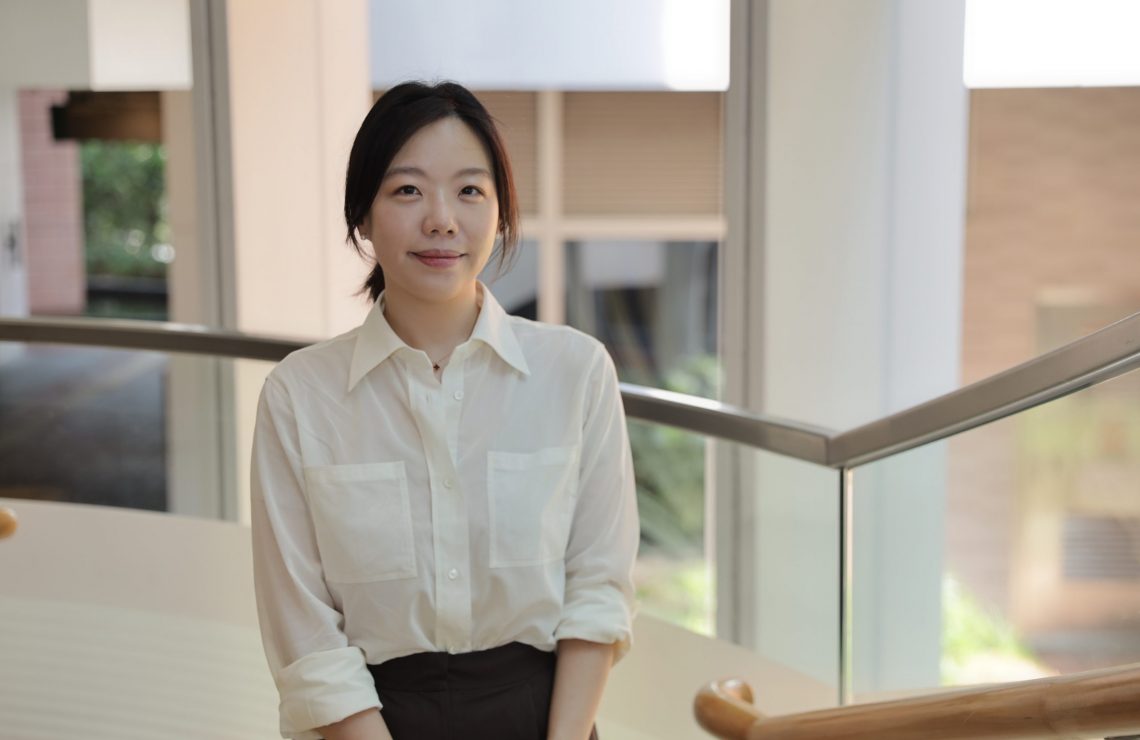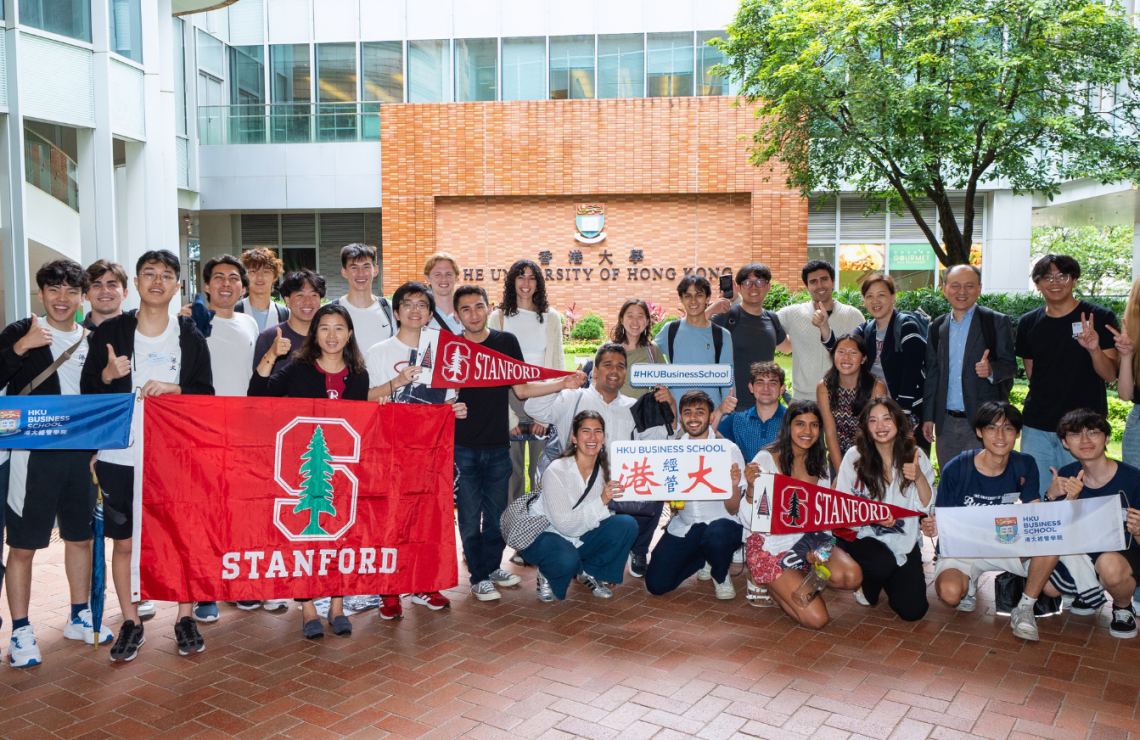
From the Execution to the Creation of Managerial Strategies – Dr. Yuna Cho
Formerly a senior consultant at Oliver Wyman, Dr. Cho later realised that her true passion lies in knowledge creation. After finishing her PhD studies in Yale, our young Korean scholar officially joined us in June 2021 as an Assistant Professor in Management and Strategy.
Equipped with strong business acumen, Dr. Cho received a return offer from the globally renowned management consultancy firm Oliver Wyman after completing an internship there during her undergraduate years. “Our job as a consultant was not just about fathoming grand strategies and delivering well-versed speeches. The truth is, you have to connect with clients and win their hearts. The small human touches make all the differences,” Dr. Cho explained.
Solving managerial problems of numerous multinational corporations based in the Asia-Pacific Region had Dr. Cho realise that pecuniary rewards are not the only factor that motivates workers. The desire to seek truth had encouraged Dr. Cho to pursue an MBA at the Wharton School of the University of Pennsylvania, and subsequently, a PhD in Management in Yale. “During my MBA, I realised that management studies is the field where scholars use scientific methods to understand workplace behaviours. It is something that I didn’t know when majoring in economics, but I am glad that I have found my true interests in life,” Dr. Cho said.
Dr. Cho has conducted a number of studies on the relationship between workers and their careers. A paper that would soon be published in the Academy of Management Journal, studies the relationship between employees’ meaning of work and their career outcomes. Collecting data via a longitudinal study and an online survey on US employees, the research discovers that there are different implications for the three types of orientations held by workers: job orientation (seeing work as a means to a financial end); career orientation (seeing work as a means to attain success and prestige); and calling orientation (seeing work as personally fulfilling and contributing to a better world).
She observes that the workers with a calling orientation oftentimes exhibit positive vibes at work and are willing to go extra miles even on routine tasks. Research shows that these workers are effective in establishing a positive image in the eyes of their supervisors and are seen as being more committed to the organization. Subsequently, they tend to have a better career and receive greater monetary rewards. “But interestingly, even when their performances are not particularly impressive, managers still consider them to be a better employee. As a result, there is a halo effect to be seen more positively at work,” Dr. Cho commented.
However, Dr. Cho admitted that there are limitations on this paper. “Asian companies tend to take it for granted that workers should see work as a calling. Therefore, I am interested to study workplace relationships contextualised in the Asian market. That is one of the reasons I decided to join HKU Business School.”
Over the course of her undergraduate years, her consultant career, and throughout her PhD studies, Dr. Cho is no stranger to HKU students and alumni. She commented that they are very intelligent and are equipped with a global mind-set. “In addition, I have always been admiring the high impact level of research conducted by HKU Business School. The colleagues here are also very friendly. Soon after I have come to Hong Kong, the MBA director Dr. Cheng had even helped me with apartment hunting,” she added.







